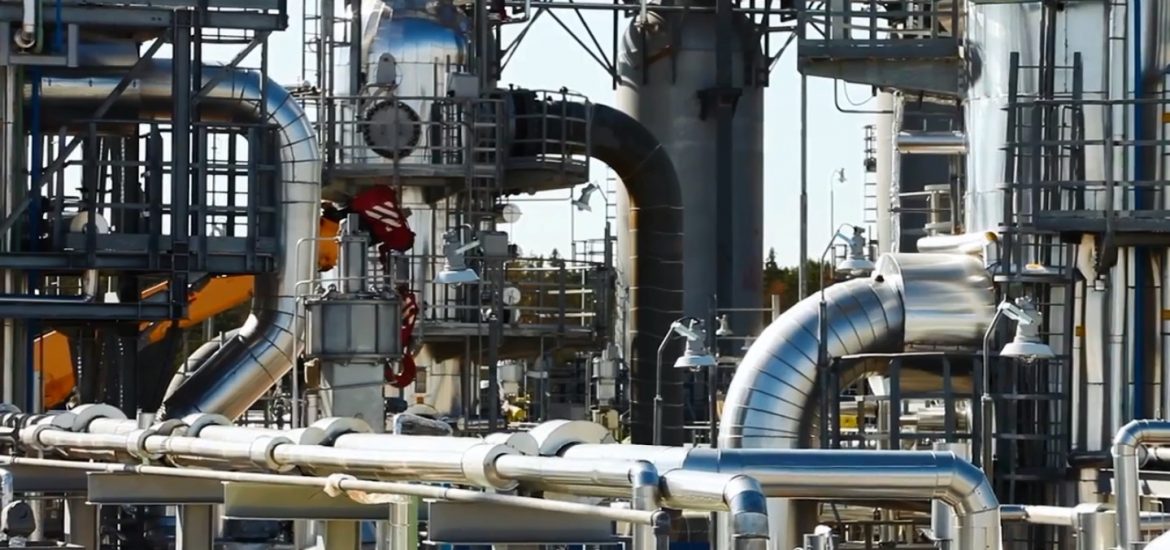
The head of Poland’s National Security Bureau, Paweł Soloch, says Donald Trump’s opinion on the Nord Stream 2 “is important if the project is to be blocked”.
While in Brussels for a Nato summit last week, Trump criticised Germany for doing business with Russia while Nato was trying to protect western Europe from Russian expansionism.
Soloch said US sanctions against firms involved in Nord Stream 2 could be considered.
A US State Department’s spokeswoman earlier this year said companies engaged in the construction and financing of Nord Stream 2 “could expose themselves to sanctions” and echoed Warsaw’s warning that the gas pipeline would undermine European energy security.
Poland, the US, the three Baltic states and Ukraine are all vocal critics of Nord Stream 2.
But it is not just Germany that would benefit from the pipeline.
Austria is Gazprom’s fastest growing European customer with the company reporting record exports to Austria last year of over 9 billion cubic metres, a 50-per-cent increase from 2016.
If built, the 1,200km pipeline, which is scheduled for completion next year, is due to supply around 55 billion cubic metres of natural gas under the Baltic Sea.
Russia is already the largest supplier of natural gas to the European Union, providing some 30 per cent of its net gas imports, a little more than Norway, last year, according to EU statistical office Eurostat.
Trump called Germany “a captive of Russia” that paid “billions and billions of dollars a year” for gas but Nato protects these countries from Russia, for which Washington pays a disproportionate cost.
“Ultimately, Germany will have almost 70 per cent of their country controlled by Russia with natural gas,” Trump said. “So you tell me, is that appropriate?”
The pipeline bypasses Ukraine and could potentially deprive the government of up to US$2 billion per year in transit revenues.
Ariel Cohen of the Atlantic Council said Germany imported over 50 per cent of its natural gas from Russia and after Nord Stream 2 that proportion would grow to 70 per cent.
He said this could be problematic if Gazprom halved gas exports.
“Large parts of German industry could grind to a halt and hundreds of thousands of German households may be freezing in the middle of a harsh winter,” Cohen was quoted saying by the Kyiv Post. “It happened elsewhere in Europe in 2009 as well as after that.”
Germany was closing its nuclear and coal-fuelled thermal plants and was in danger becoming dangerously dependent on Gazprom, he argued. Cohen said: “This will severely limit their freedom of manoeuvre vis-à-vis Moscow.”
Gazprom’s Nord Stream 2 is under increasing scrutiny. Picture credit: YouTube





